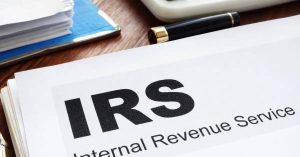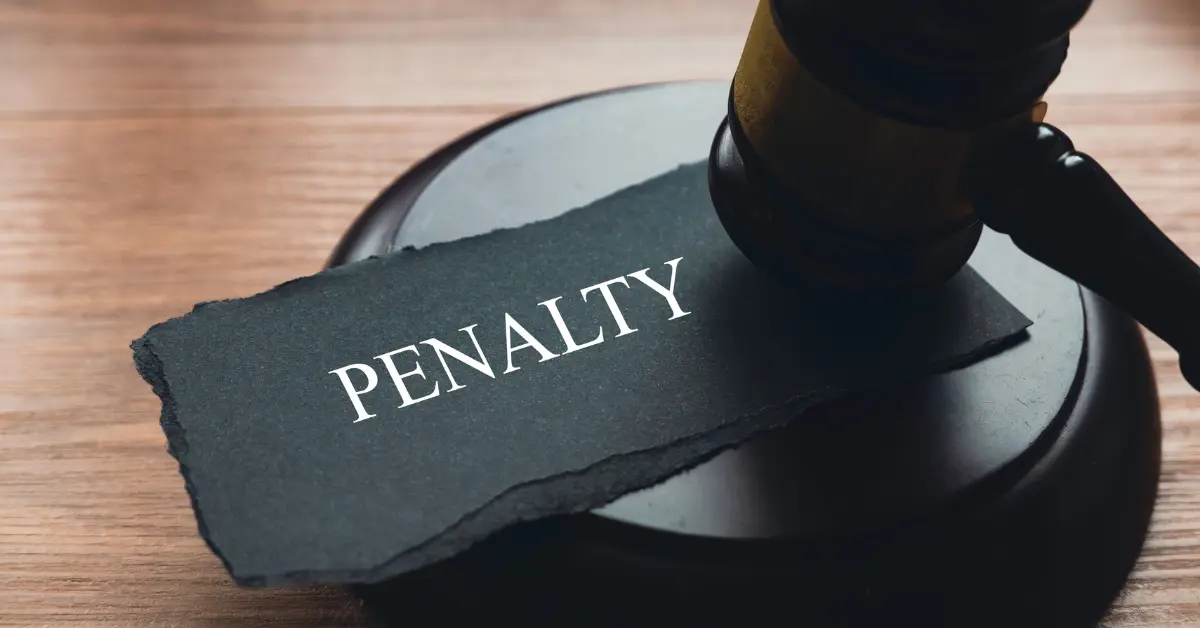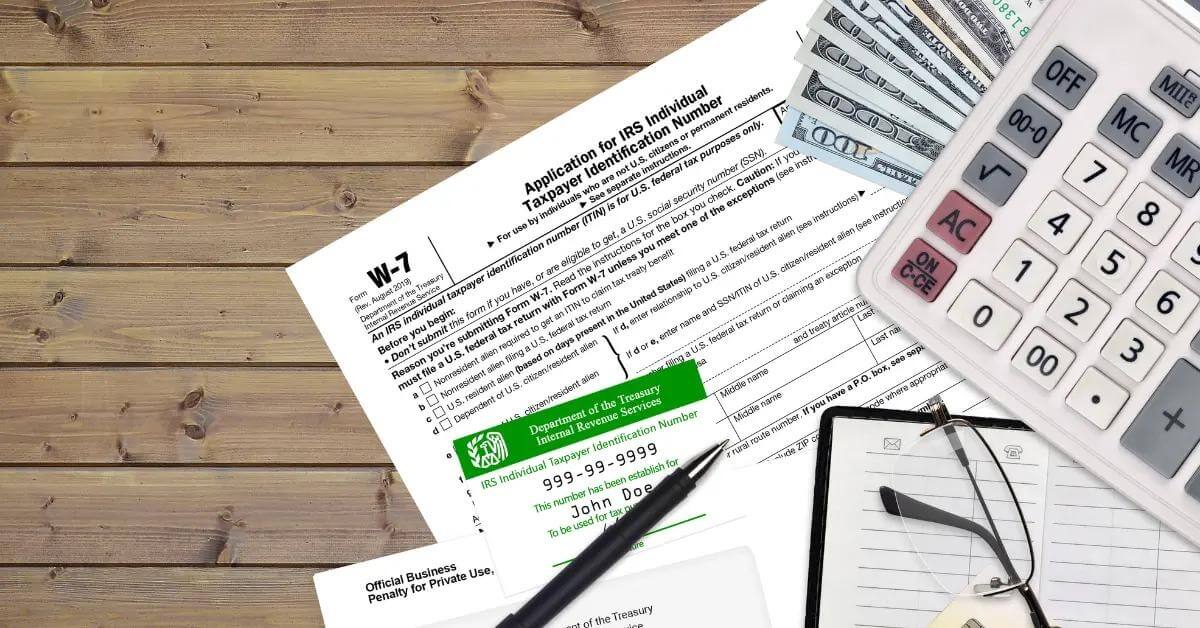The United States has a population of well over 329,400,000 people. With all those people to keep track of, you think you could sneak by without paying your taxes. Unfortunately, Uncle Sam is great at tracking down people who haven’t paid their taxes, in fact, he can be ruthless.
Paying back taxes can seem like an insurmountable problem, especially when what you owe is in the tens of thousands of dollars. Thankfully, the IRS has some options available for you, but they will not hand them to you. Read on to learn about your options for paying back taxes.
Seek Representation
There’s a reason that tax preparation services are everywhere during tax season — the tax code is complicated and it frequently changes in major ways, especially when a new president is elected. That’s why the first thing you should do when you receive a letter from the IRS stating that you owe them back taxes is to seek representation.
Tax attorneys work with the IRS every single day, and they know the ins and outs of handling back taxes. It may be tempting to go it alone and rely on tugging on the heartstrings of someone at the IRS, but it won’t get you as far as you’d like. A tax attorney can work to amend previously filed taxes and reduce the amount you owe, among many other things.
If you end up having to go to court at any point, it’s important to have the best representation possible, which may be tough considering the situation you’re in. Speak to an attorney about what your options are for proceeding or look into options on lawsuit loans.
Tackle How Much You Actually Owe
A lot of things go into the total amount you owe the IRS. The first thing to know is that, when you don’t file a tax return, the IRS files one on your behalf. This is termed a substitute return, and these returns do not take into account any tax credits or deductions you would have been eligible for had you filed on time.
Substitute returns leave you with a higher tax bill because of the lack of tax credits and deductions. The IRS lets you know that they have filed a substitute return by sending you a Notice of Deficiency letter. Once you receive that notice, you have 90 days to challenge the total tax debt in tax court or file an original return.
The total amount due in the notice you receive from the IRS includes the total taxes you owe and associated penalties and interest. The longer you wait on paying back taxes, the more that number will grow. In addition, the IRS will take more aggressive measures as time goes on.
One of the biggest reasons people avoid paying back taxes is because the total tax bill is intimidatingly high. They just don’t have enough money on hand to pay the total amount owed in one lump sum. Thankfully, the IRS knows that this is an issue for many taxpayers and there are some alternative options available for you.
1. Make an Offer in Compromise
One option available to taxpayers who owe back taxes is to make an offer in compromise with the IRS. IRS Offers in Compromise are offers to settle your tax debt for less than the total amount you owe. This option is available to taxpayers for whom it would be a significant burden to pay the total amount they owe.
The IRS looks at several factors to determine whether they will accept the offer in compromise. These factors include your ability to pay, your income, your expenses, and asset equity. The IRS knows you can’t get blood from a stone, so they approve offers in compromise are about equal in amount to the amount of money they would expect to get from you should they take further measures.
To come up with an offer in compromise that the IRS may accept, discuss all the factors the IRS looks at in detail with your tax attorney.
2. Set Up a Payment Plan
One of the best options the IRS offers is a payment plan. The standard payment plan allows you to pay your tax debt over a period of 120 days. This plan costs $31 dollars to set up online and $107 if you choose alternative methods of setting up the plan.
If 120 days is not enough time, then you can pay over a much longer period of time in an installment agreement. The time you have to pay and the amount due each month will vary depending on how the plan is structured. This plan costs $149 to set up over the phone and $225 if you set it up in person or over the phone.
3. Paying Back Taxes with a Credit Card
If you don’t have the cash, but you have the credit available on your credit cards, you can use your credit cards to pay your tax debt. The downside to this option is that you would have to pay interest on a bill that already includes interest and that you will be on the hook for paying a fee of approximately 2% that is charged by credit card processing companies.
4. Finance the Payment
If you can’t handle the monthly payment the IRS wants and credit cards aren’t an option, then you may be able to finance the credit card payment by leveraging property you own. Consider taking out a second mortgage on your home to repay your tax debt or taking out a home equity line of credit or loan.
5. Liquidate Assets
Worst-case scenario, you may have to liquidate your assets to pay your tax debt. If you have enough money available in assets like real property, cars, art, or jewelry, then it would be better for you to liquidate those assets than it would be for the IRS to do it. The IRS isn’t interested in getting the best value for your assets, they just want money for your taxes.
Can I File for Bankruptcy?
It depends. For some people, Chapter 7 bankruptcy is an option to relieve themselves of tax debt, but that’s not always the case.
The IRS, along with other creditors, all have a say in your ability to file Chapter 7 bankruptcy. The IRS will look at several factors, including whether you’ve attempted to file and pay your taxes on time and whether you’re trying to evade payment through fraud. If the IRS finds against you, you could not receive tax debt forgiveness through bankruptcy.
If you qualify, the bankruptcy trustee would order you to liquidate all of your assets to pay as much as you can on the money you owe to your creditors. It is unlikely that, if you have assets you don’t want creditors to get their hands on, you’ll be able to get out of Chapter 7 bankruptcy in a better place than if you had made an offer in compromise or liquidated your assets on your own.
If you think bankruptcy might be the best option for paying back taxes, discuss your options with a tax attorney to see about your likelihood of success.
Don’t Wait! Get On Your Back Taxes Today
There are several options available for paying back taxes, you just need to know where to look. The one thing you don’t want to do, however, is wait to get started taking care of this issue. The longer you wait, the higher your bill will be and the more difficult it will be to take care of it.
Are you ready to get started on taking care of your back tax bills? We can help you get back on your feet and back in the IRS’ good graces. Contact us today to see what options you have available to you.








